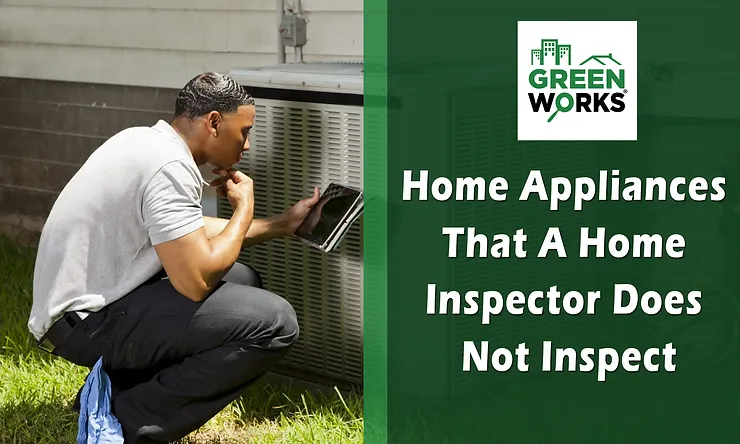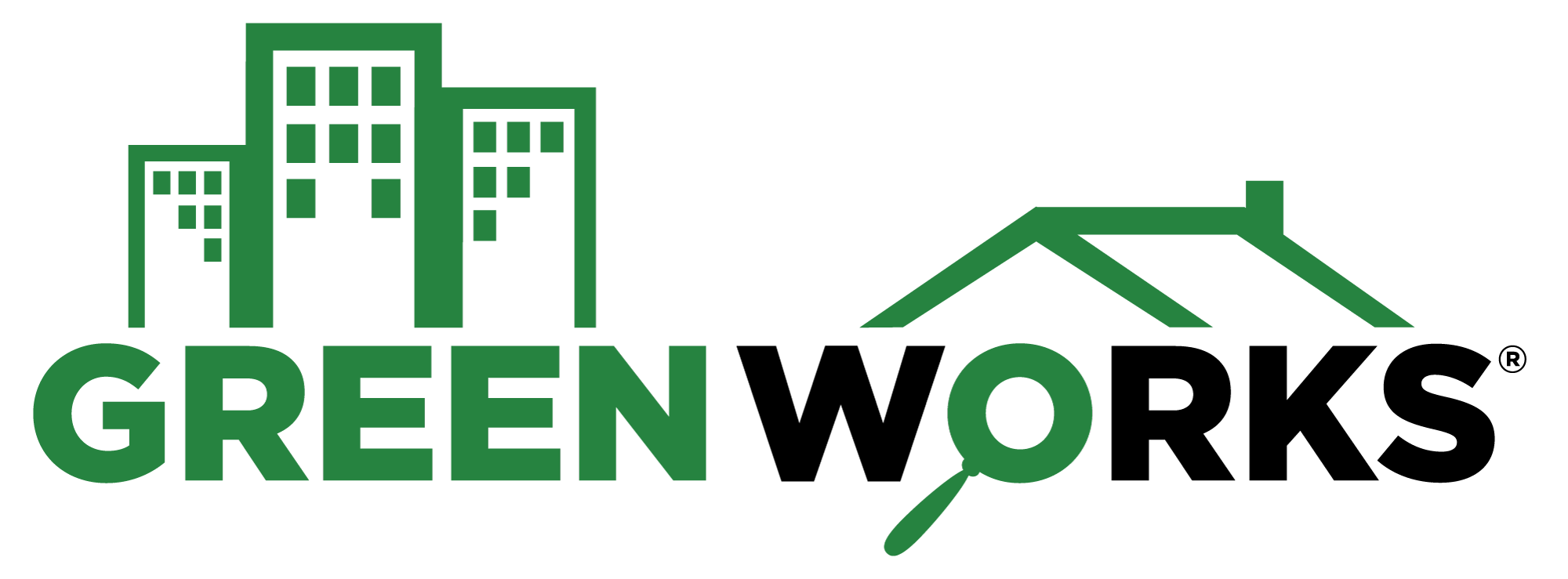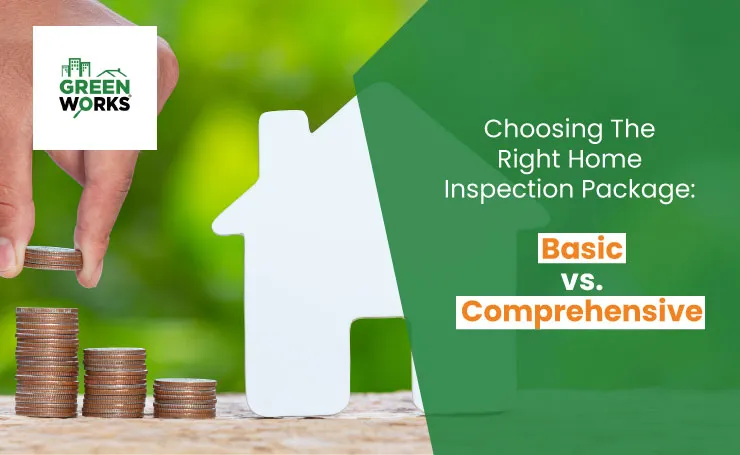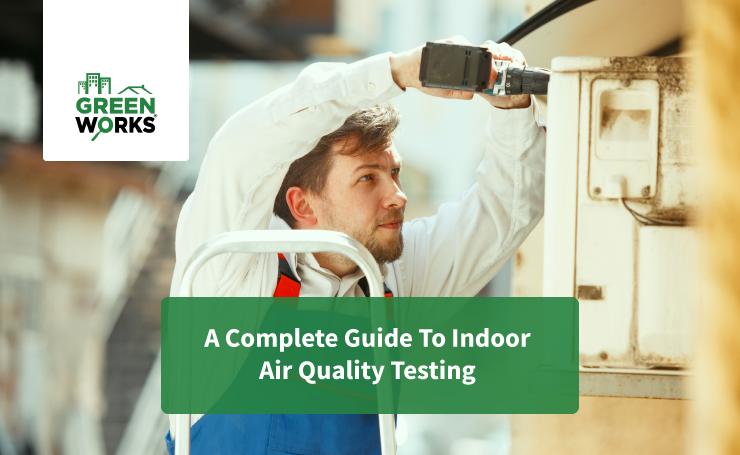Posts

Home Appliances That A Home Inspector Does Not Inspect
If your home purchase negotiation did include the inspection of several appliances, then you must be wondering what appliances a certified home inspector will check and what appliances he will not during a home inspection in Fort Worth.
A simple answer to this question is that home inspectors check the built-in appliances that come with the home. The homeowners take many appliances with them, so they are not supposedly checked by the home inspectors. According to the ASHI Standards of Practice, appliance thermostats, door seals, timers, adequacy of heating elements, and other specialized appliance features are not required to be checked by a home inspector.
It is important to know why home inspections are essential, and that home inspectors’ primary role is to look for structural, plumbing, electrical, and other major safety issues. If you are moving into a newly built house, the home inspectors will check all appliances. However, they can still check additional items, such as appliances not built in, if requested.
Appliances Included in Your Home Inspection
The American Society of Home Inspectors (ASHI) Standards of Practice is the benchmark for many insurance companies and licensing boards. And according to ASHI, the appliances that are covered by the home inspection are:
Cooktop
Wall oven
Refrigerator
Dishwasher
Kitchen range
Waste disposal
Built-in microwave
Range hood
It is also essential to understand that these items won’t be exhaustively inspected by an appliance expert, even if a home inspection includes them. A home inspector will only be checking for two things, mainly when checking the appliances, and these are: is the appliance operating as it should? And secondly, are they any visible defects in the function of the appliance?
Appliances That Home Inspection Doesn’t Include
Countertop appliances are the appliances that the home inspectors do not check; these include:
Small refrigerators
Clothes washers
Microwaves
Central vacuum systems
Any appliances that can be unplugged quickly
ASHI SOP states that the home inspector shall use normal operating controls to check installed ranges, range hood fans, cooktops, built-in microwave ovens, etc. Eventually, it is at the discretion of an inspector what they do and what they do not intend to inspect; this might also depend on the negotiation you have made with the home inspector. It might be surprising that home inspections are often exclusive of refrigerators since you can move them quickly after unplugging them.
How Home Inspectors Check Appliances
Since the kitchen is where people tend to congregate, home inspectors might spend a significant amount of time in the kitchen. Hence, it makes it imperative that your house’s kitchen is functional and safe. Following are the ways home inspectors perform their inspection while checking appliances.
Dishwasher
Typically, a home inspector turns on a dishwasher to ensure there is no water leakage. They will then close the flap door used for adding more detergent, confirming whether it functions appropriately.
Disposal
Home inspectors will run the disposal and be attentive to check if the disposal is making any noises or vibrations. Later they will also run water, and this will be to ensure that there is no water leakage under the sink.
Ovens
To check the ovens, home inspectors will turn on the oven, and for 15 minutes at 350F, they will keep the food inside it. While the oven is heating up, they will look for broken parts and rust and check that the oven lights are working fine. Later, when 15 minutes have passed, they will check that the temperature is within 25 degrees of 350F (the set temperature).
Refrigerator
Your home inspector might inspect your refrigerator only if it is considered built-in. If they carry on the inspection, they will check the seals to ensure they are in good condition. And they will also check the refrigerator’s coils to check that it is cooling fine.
Range Hood
They will operate all the buttons on the hood to ensure that all the lights and fan levels are working correctly. They will also check that it is not making unusual noises once the fan is on. Home inspectors will also check that the vent works correctly, capturing steam and grease and properly extracting it outside.
Common Appliance Defects
Once a home inspector has inspected the appliances, they find some common defects. These defects are:
Ranges that have defective ventilation
Broken ice makers
Ovens not functioning correctly to the set temperatures
Range burners that are not heating properly
Dirty refrigerator coils
Freezers and refrigerators that are not cold enough
If you are a buyer, you must know that these factors don’t fail an inspection, but having no such defects in the appliances is always recommended. If there are any such defects found in the appliances, then it is advised that you shall talk to the seller and get them fixed before you close the deal.
On the other hand, if you are a seller and your house is on the market, then it is on you to sort these issues out first, and repair as many of the appliances as possible before an inspector comes for checking. If you cannot do so, you will have to disclose these to every potential buyer interested in buying your house so that they know what they are signing up for once they have purchased your home.
Inspecting appliances in a home is vital to ensure that they are safe to operate for the safety of the users. For example, if a stove or an oven is not heating correctly, it has many issues that are crucial to be uncovered by a professional so that it doesn’t lead to fire damage along the line. In the same way, water leakage from the dishwasher or leaky pipes can also erode a home’s foundation after some years without anyone knowing about it. Home inspectors are usually the first ones to bring these problems to attention so that they don’t become huge issues in the future. If you are thinking of waiving your home inspection, then this is the time you decide not to, as home inspections ensure that the house you are buying is worth the price and the appliances that will be coming with that house. And, if you are looking for the best professional inspectors who not only inspect your house but appliances too, then you should make GreenWorks Inspection And Engineering your choice, as we work with the best home inspectors in Fort Worth, TX.




